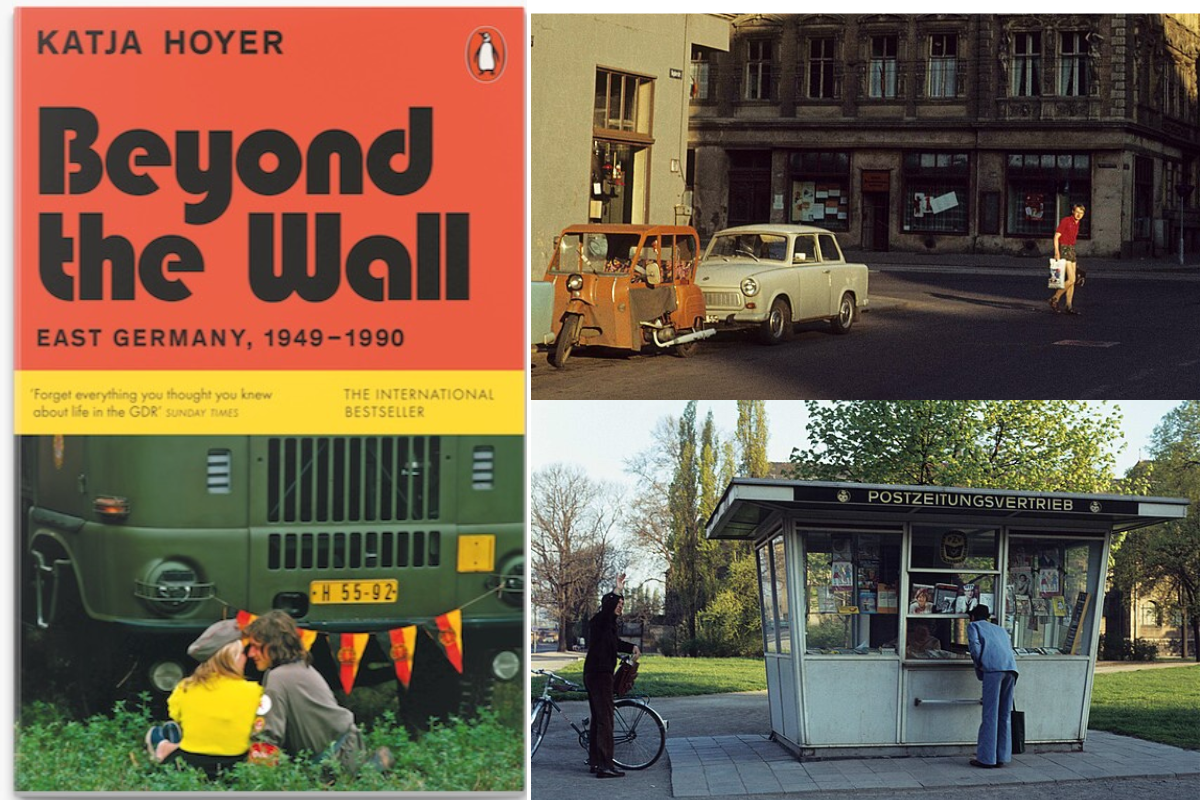In her book Beyond the Wall: East Germany, 1949-1990, East German-born historian Katja Hoyer does her part to bust the myth of capitalism’s unique and divine ability to produce the best living standards.
Hoyer details how in the German Democratic Republic (GDR), East Germans had universally available housing, rewarding and secure jobs, and an affordable and widespread childcare programme.
At the time of its demise in October 1990, it had the best female employment statistics in the world. After reunification, workers were forced to work to destroy their factories and their livelihoods as previously state-owned firms were sold to venture capitalists.
Hoyer humanises these facts of life in the GDR with dozens of personal stories from GDR citizens.
We hear about the life of manual labourer Ulrich Struwe, who flourished in his volunteer job in the USSR and returned to East Germany able to re-furnish his family’s flat.
There are many stories from women, such as Inge Schmidt, who – long before their western counterparts – were able to pursue careers in the government, academia, engineering and more.
Hoyer poses a strong left-critique of the Stalinist policies from Moscow which kept the East German economy behind: the theft of production by the Soviets from East German factories, the destruction of the democratic process, and so on.
Beyond the Wall falls short in some ways here, for example by not emphasising the West German regime’s own anti-democratic tendencies.
It also neglects to examine the impact of western sanctions on the GDR economy – although, as the multitude of personal accounts demonstrate, these were not a major concern for many East Germans in the 1970s and 80s.
The book closes with a frank, emotional, and solemn reflection on how the 1990 reunification and return of capitalism has failed the East German people.
This book is an enlightening read for any socialist.
Beyond the Wall: East Germany, 1949-1990 is available from several high-street bookshops.






